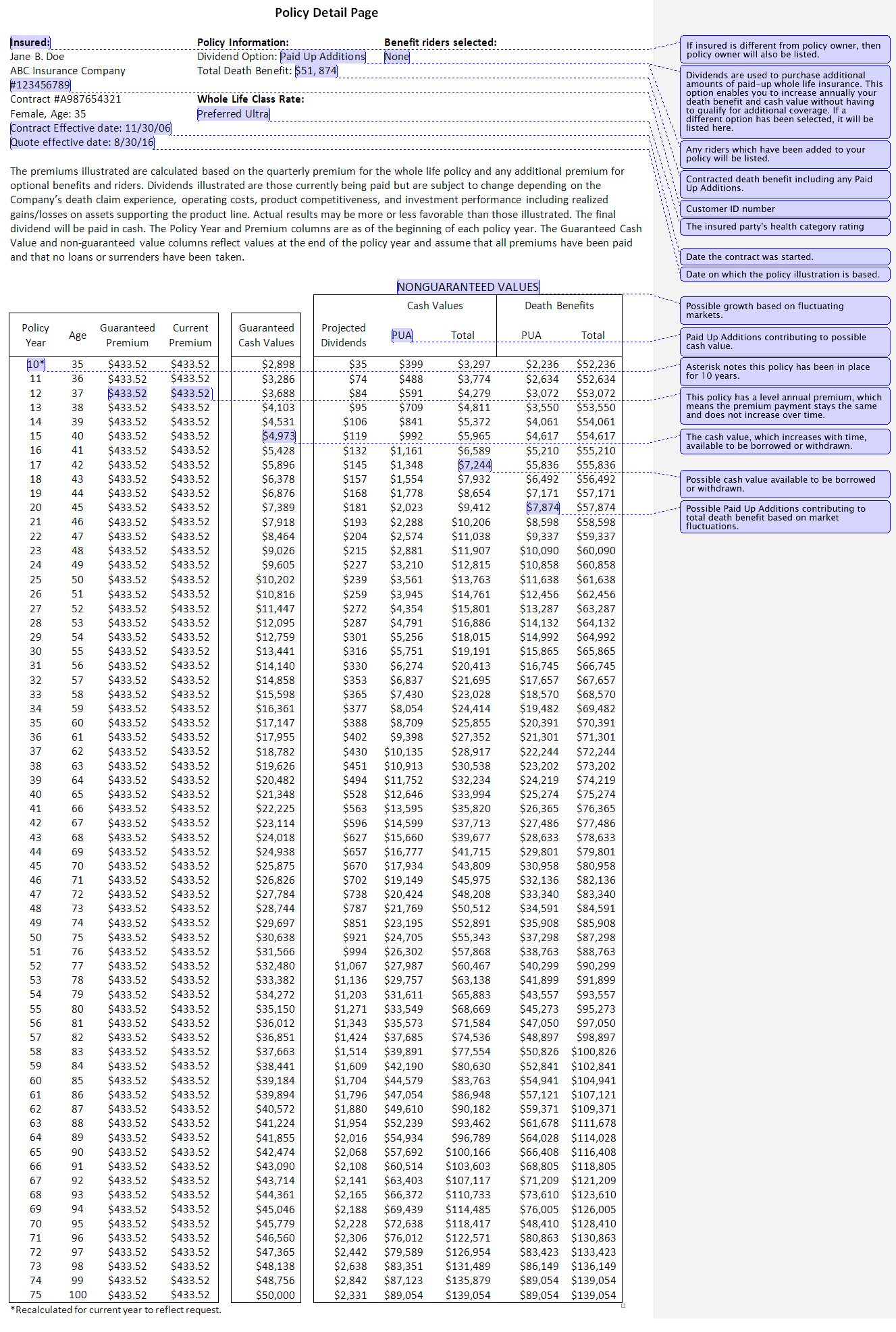Vincent and the Grenadines, and Trinidad and Tobago. Subsequently, Antigua and Barbuda signed a Short article 98 contract in September 2003; Belize signed one in December 2003; and Dominica signed one in Might 2004. This leaves Barbados, St. Vincent, and Trinidad and Tobago as the three Caribbean nations passing up U.S. military help since of the ASPA sanction. Trinidad and Tobago, which played a leading role in the facility of the ICC, has strongly withstood signing a contract, as has Barbados. (For extra info see CRS Report RL33337, Short Article 98 Contracts and Sanctions on U.S. Foreign Help to Latin America, by [author name scrubbed]) Due to the fact that of their geographic location, many Caribbean nations are transit countries for cocaine and heroin from South America destined for the U.S.
In addition, 2 Caribbean nations, Jamaica and St. Vincent and the Grenadinesare big manufacturers and exporters of marijuana. Of the 16 nations in the Caribbean area, President Bush in September 2006 designated 4 of them as major drug-producing or drug-transit nations pursuant to yearly legal drug certification requirements: the Bahamas, the Dominican Republic, Haiti, and Jamaica. The President advised the new federal government in Haiti to reinforce law enforcement and the judiciary to bring drug trafficking and crime under control. All 4 designated Caribbean countries are significant transit nations for illegal drugs to the U.S. market, and Jamaica is the biggest cannabis manufacturer and exporter in the Caribbean.

The Dominican Republic, a major transit country for both drug and heroin, cooperates closely with the United States, although the State Department's March 2006 International Narcotics Control Technique Report notes that "corruption and weak governmental organizations remained an obstacle to controlling the flow of unlawful narcotics" through the country. Jamaican cooperation with U.S. police on counternarcotics efforts is explained by the State Department report as outstanding in many cases, although it preserves that the federal government requires to further intensify its police efforts and boost international cooperation. In Haiti, anti-drug efforts have been hindered over the years by weak institutions, poor financial conditions, and political instability.
Numerous other Caribbean nations, while not designated significant transit countries, are still susceptible to drug trafficking and associated criminal offenses due to the fact that of their geographic area. In specific, the State follow this link Department's March 2006 report preserves that such crimes have the possible to threaten the stability of the small states of the Eastern Caribbean, and to differing degrees, have actually harmed civil society in some of these countries. Given the poor outlook for the banana market in the Caribbean, some observers believe that it will be challenging to contain marijuana production unless there is sufficient support to diversify these economies far from banana production.
Vincent and the Grenadines is the biggest marijuana producer in the Eastern Caribbean. Efforts to punish cash laundering likewise constitute a major part of U.S. What is a swap in finance. anti-drug technique, and became significantly crucial as a counter-terrorist technique in the aftermath of the September 2001 terrorist attacks in the United States. The State Department's list of major money laundering countries (also classified as "jurisdictions of main issue") includes 6 Caribbean nations, Antigua and Barbuda, the Bahamas, Belize, the Dominican Republic, Haiti, and St. Kitts and Nevisand one British Caribbean dependency, the Cayman Islands. The Department of State maintains that although Antigua and Barbuda has extensive legislation to control its monetary sector, the nation stays vulnerable to cash laundering since the sector is loosely regulated and because of its Web gaming market.
How What Does Etf Stand For In Finance can Save You Time, Stress, and Money.
In Belize, money laundering is believed to happen mainly in the country's growing offshore monetary center. Cash laundering in both the Dominican Republic and Haiti stem from their functions as major drug transhipment points. In the Dominican Republic, monetary organizations take part in transactions with cash obtained from controlled substance sales in the United States, with courier and wire transfers the main methods for moving the funds. St. Kitts and Nevis, according to the State Department, is at significant risk for corruption and money laundering since of the high volume of narcotics being trafficked through the nation and since of the existence of known traffickers on the islands.
The FATF evaluative process has been a significant consider Take a look at the site here Caribbean nations improving their anti-money laundering programs. Four Caribbean countries and one reliant territory were on the very first FATF non-cooperative list released in 2000: the Bahamas, the Cayman Islands, Dominica, St. Kitts and Nevis, and St. Vincent and the Grenadines. Grenada was contributed to the list in September 2001. Subsequent actions by all these countries to enhance their anti-money laundering routines led to all of them being eliminated from the list by June 2003. The Bahamas and the Cayman Islands were gotten rid of from the list in June 2001; St. Kitts and Nevis in June 2002; Dominica in October 2002; Grenada in February 2003; and St.
Once a country is eliminated from the list, the FATF continues to monitor advancements in the country to ensure compliance. Some Caribbean authorities and others have grumbled that pressure to enhance and enforce anti-money laundering routines in the region will have a harmful impact on its overseas financial sectors. They keep that the anti-money laundering steps needed have actually been indiscriminate and make up an Helpful hints attack on genuine service carried out in the small financial sectors of the region. In particular, after the U.S. congressional passage of new anti-money laundering arrangements in the USA PATRIOT Act (P.L. 107-56, Title III), authorized in the consequences of the September 11 terrorist attacks, some feared that the more stringent examination of deals in between U.S.
The act's anti-money laundering provisions consist of a restriction on U.S. reporter accounts with shell banks (banks that have no physical existence in the chartering country) and tighter bank record keeping requirements. Some observers maintain that the fortifying of anti-money laundering programs in the Caribbean will have completion outcome of increasing the attractiveness of the region's overseas financial sectors for genuine company transactions. According to this view, such efforts as the FATF evaluative procedure and the more recent anti-money laundering steps under the PATRIOT Act will help alter the credibility of the Caribbean as being a haven for cash launderers and tax evaders.

In 1983, Congress enacted the Caribbean Basin Economic Healing Act (CBERA) (P.L. 98-67), the centerpiece of a more comprehensive U.S. diplomacy effort referred to as the Caribbean Basin Effort (CBI) connecting Central America and Caribbean countries together under one preferential trade program. The CBERA permitted duty-free importation of many classifications of products with specific exceptions. The majority of garments and fabric goods were disqualified under the CBERA, but in the late 1980s imports of apparel from CBERA countries that were assembled from U.S. elements were eligible for reduced responsibilities. These production-sharing plans enhanced the clothing sectors of a number of Caribbean Basin countries, including most considerably the Dominican Republic.